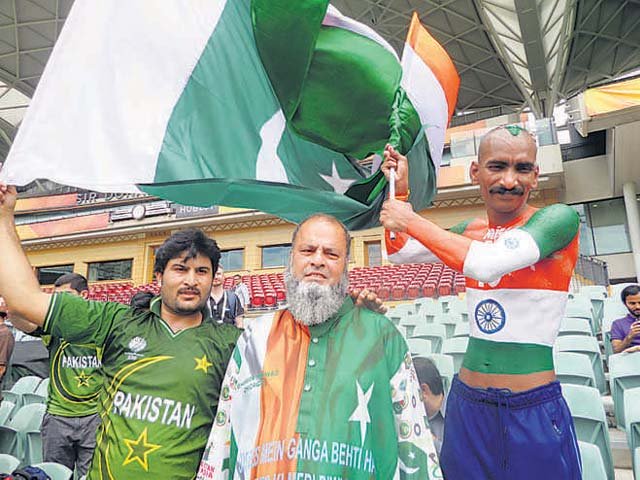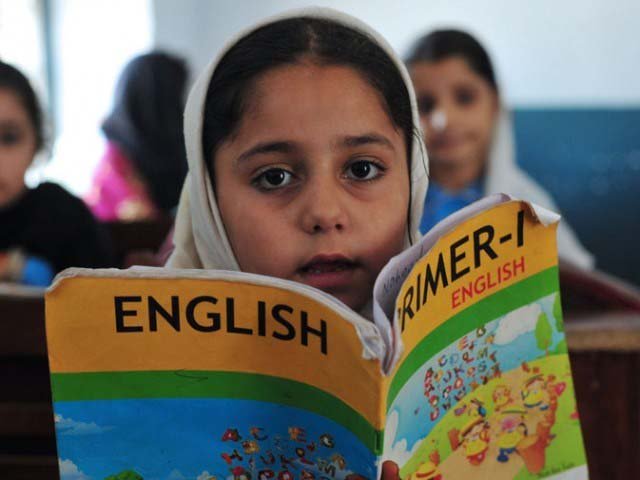
Ibn-e-Khaldun and other forgotten Muslim heroes
My heart heaved heavily as I realised that my sociology students did not know of Ibn-e-Khaldun or Al-Farabi.
The other day, I asked my sociology students a question. It was a simple question but one that carried an answer of profound significance.
‘Who is regarded as the father of social sciences by the absolute majority of contemporary academics?’
The answer that I was looking for was Ibn-e-Khaldun. But my class only came up with replies of Durkheim, Marx and Parsons. They were not aware of Ibn-e-Khaldun. They did not know that in the late 13th century, the Berber gave to the world what is today known as the ‘comparative method’; the foundation for contemporary social science.
Khaldun’s work was a definite break from the past as history was no longer merely an account of a king’s glorious conquest, an empire’s leaps in every facet of material civilisation or the magnanimity of individuals.
Contrary to Herodotus, Livy and Tacitus, Khaldun’s achievement was the first critical outlook on human society.
If it weren’t for a western academic by the name of Franz Rosenthal, most of the world today would have forgotten the genius of Khaldun. Rosenthal translated Khaldun’s work from Arabic into English, bringing the world’s attention to one of the most original thinkers of humanity. Bells ringing (think about the translation movement of the Abbasids!)
Muslims, for whom Khaldun should be a hero, are too embroiled in a war against ‘infidels’ to remember Khaldun. Madrassas which produced the likes of Ghazali, Maulana Rumi and Ibn-e-Sina now produce pupils who become chief commanders in virtually all terrorist organisations of the world.
How the wheel of history turns!
My students also did not know about Ibn-e-Sina, Al-Farabi, Al-Masudi, Ibn-e-Kindi, Al-Khwarzami or Ibn-e-Rushd.
My heart heaved heavily.
However, more pain was yet to come.
At the end of class, a student asked,
“Sir, if what you have revealed to us is correct, why is it that only nine Muslims have won the Nobel Prize?”
The realisation dawned upon me. These kids are not to be blamed. The fates of Anwar Saadat, Naguib Mahfouz and Abdus Salam crossed my mind in the blink of an eye and I found my misery doubled.
What is there to discuss about the heroes of the past when we have already forgotten those of today?
Read more by Taimur here.




COMMENTS (64)
Comments are moderated and generally will be posted if they are on-topic and not abusive.
For more information, please see our Comments FAQ